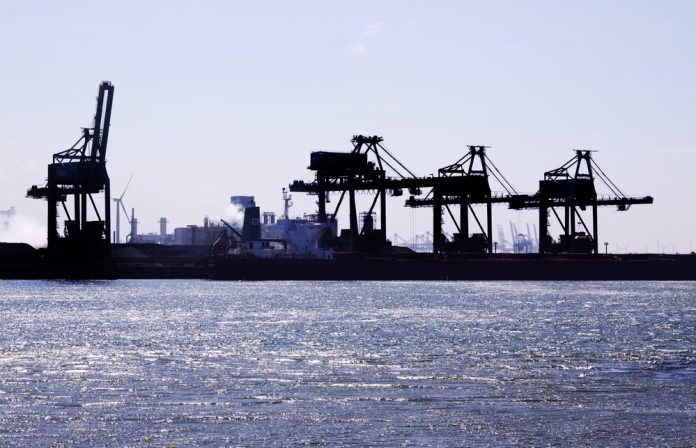European Union countries on Wednesday launched the “European Port Alliance” to agree on methods to fight drug smuggling and prevent criminal gangs from infiltrating port centres in Europe, Deutsche Welle reports.
EU interior ministers and representatives of the bloc’s 16 ports and shipping organisations attended the initiative, which was inaugurated in the Belgian port of Antwerp. EU home affairs commissioner Ylva Johansson said:
“We need to create this network to fight a network.”
Local mafias seek to keep the illegal drug trade alive by using major European ports in any way possible.
In the Netherlands, there are criminal groups with Moroccan roots, and in Belgium, with links to Albanian and Italian mafia groups. Their tactic is to bribe or coerce dock workers, port officials, lorry drivers, customs officers and police officers to allow their henchmen to seize drug shipments.
Cocaine coming from Latin America is flooding the European market en masse.
In Antwerp, the number of drugs seized increases every year. Authorities intercepted 116 tonnes in 2023, and the city is often shaken by gang warfare as rival gangs fight for control of the lucrative illegal trade. Belgian Interior Minister Annelies Verlinden said at the port alliance launch:
“The complexity of the criminal landscape is only increasing. And it’s evident to me that we cannot be successful if we only focus on the national level.”
On the eve of the event, Johansson told media that the increase in drug gang activity in Antwerp followed increased security measures in the Dutch port of Rotterdam.
As Antwerp steps up its own efforts against smuggling, “it seems that also now they (criminal groups) are coming to smaller ports, like for example, there are indications that more drugs come to Helsingborg in Sweden”, she said. Johansson noted:
“So they seem to be very quick to adapt.”
She said the situation was similar at drug departure points.
Increased security at Colombian ports has led gangs to turn to Guayaquil in Ecuador, which has become the main centre for exporting cocaine produced in Colombia and Peru to Europe, she said.
In the European Union, nearly 70 per cent of drug seizures by customs services are made at ports in the bloc’s countries. This shows the need for closer co-operation not only between police and customs services, but also with private operators at ports, Johansson said.
